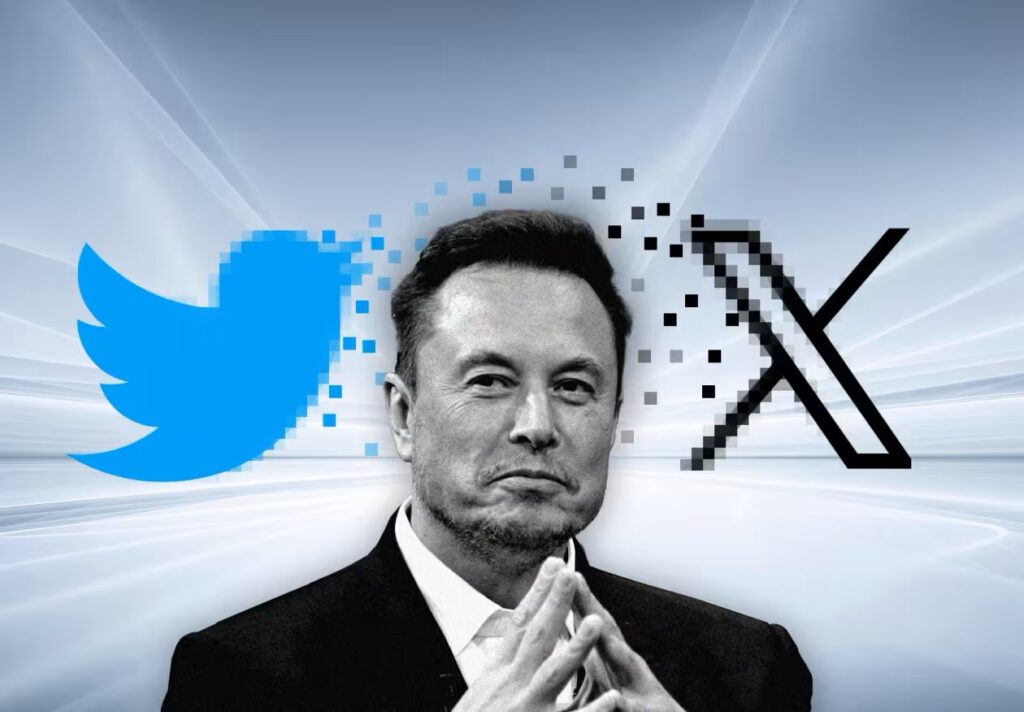The digital content ecosystem is increasingly viewed as a mechanism for extracting audience attention at any cost. Streaming platforms and associated content teams are steering creators toward what they call 'engagement-optimized stories,' a euphemism for sensationalized narratives that can sometimes resemble 'fake news.'
Academic research from institutions like MIT and USC Annenberg reveals a disturbing trend: content teams receive rewards based on metrics such as click-through rates and emotional engagement, often favoring sensationalism over factual accuracy. As one former contractor remarked, 'Truth was optional. Engagement was mandatory.'
While there are no explicit orders to fabricate information, the subtle nudges towards heightened urgency and conflict are pervasive. Creators are often instructed to make their pieces 'punchier' or to inflate stakes, thereby compromising the integrity of the information being presented.
The pressures of rapid production cycles can cause small missteps to escalate into viral misinformation, a phenomenon characterized as algorithm-friendly 'fake news.' Content that starts with some degree of truth easily becomes distorted under the weight of performance metrics and urgent deadlines.
As reported by labor organizations, many creators suffer from severe burnout, anxiety, and even panic attacks linked to the relentless chase for viewership. Surveys reveal that digital-content workers rank among the most burned-out professionals in the media industry.
Amid these challenges, unions such as SAG-AFTRA and the Writers Guild of America East are advocating for reforms, including transparency in algorithmic processes and better mental health support for workers. They argue that if platforms are not committed to truth, then the people who tell the stories should not be penalized for striving to uphold it.






















